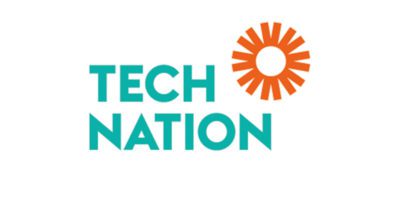Julia Adamson is director of Education at BCS, where she was previously head of public affairs. She is a highly experienced educationalist, with a track record of successfully managing education technology programmes including CPD programmes, infrastructure projects, and organisational change programmes. Julia has spent eight years as a primary school teacher in Cheshire, is a qualified online safety assessor, certified Google Educator and is a director of a multi-academy trust.

BCS, The Chartered Institute for IT – along with a number of other professional bodies – has recently published a report in to why certain segments of society are underrepresented in the ICT profession.
Currently, approximately 25% of the ICT student population, and 18% of the research staff in computer sciences and electronic and electrical engineering, are women. Anecdotal evidence points to ethnicity and age also being issues in computing sciences in higher education, although there is very little data available to fully confirm this perception.
Understanding why these issues exist is important to ensure that we attract and hold on to the talented researchers so critical to maintaining the UK’s global standing in research.
Background to the research
As no single professional body covers the spread of topics within ICT, the Engineering and Physical Sciences Research Council (EPSRC), BCS, The Chartered Institute for IT (BCS), the Institution of Engineering and Technology (IET), the UK Computing Research Committee (UKCRC), Council of Professors and Heads of Computing (CPHC) and TechWorks agreed to commission a study from the Employment Research Institute at Edinburgh Napier University to understand the nature of these issues.
This report, Understanding the Status of under-Represented Groups in the Information and Communication Technologies, was published alongside a joint Action Plan from the commissioning organisations in response to the findings.
The key findings from the report focused on the following areas:
- Motivation for pursuing an academic career
- Working conditions
- Confidence
- Support and working relationships
- Caring responsibilities
- Discrimination
- Future career plans
- Diversity
Two community workshops held in 2017 considered these findings and recognised three overarching points to address, with associated actions beneath them:
- The nature of ICT is often misunderstood, perceptions can discourage people from entering study and men and women also may have different motivations.
- Some colleagues suffer discrimination, harassment or aggression. There is a need to create an environment that is respectful of all and to see a reduction in the number of people experiencing these behaviours.
- Attitudes, cultures and processes in some departments can result in barriers being established preventing the advancement of some people or that make working in the environment an unpleasant experience. There is a need to understand the reasons behind this so that we can work with the wider community to consider how to effect a change in culture.
EPSRC, BCS, IET, UKCRC, CPHC and TechWorks are committed to taking forward the actions set out in response to the report and encourage the community to engage with them to help drive a positive change in culture and behaviour across ICT and the wider research base.
https://twitter.com/adamsonjulia





